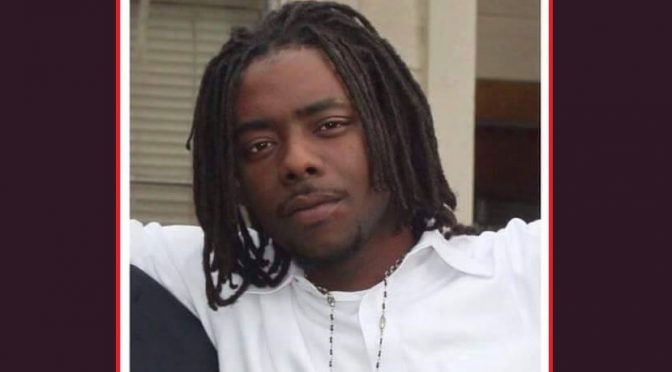
The numbers are startling, the similarities are haunting, and the frequency... incomprehensible. As citizens across this country continue to be
unlawfully detained, arrested and even killed by police under circumstances that are questionable at best, the grieving families of these victims are left with little peace or consolation.
Such is the case for the family …
Continue Reading ›› 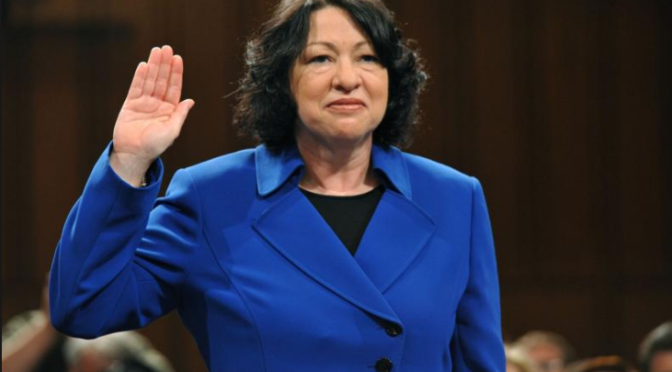
The Supreme Court may not be complete, but that doesn't mean they are any less capable of causing a firestorm. In what seems to be an incredibly short-sighted decision, a major pillar of the United States Constitution has been all but gutted. Here's the information from the New York Times editorial board...
The Continue Reading ››
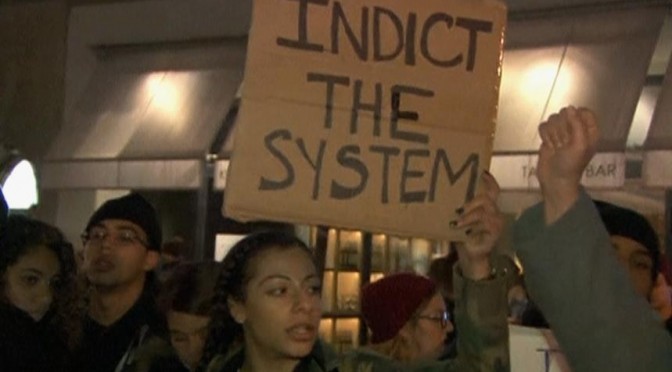
There are some days when
The Huffington Post really nails their front page. Today would be one of them...
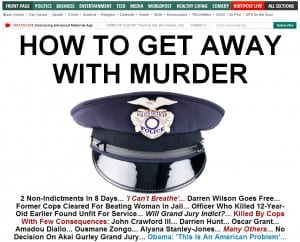
Across the United States, many communities have already erupted in protest following the recent decision not to indict Ferguson police officer Darren Wilson after the …
Continue Reading ›› 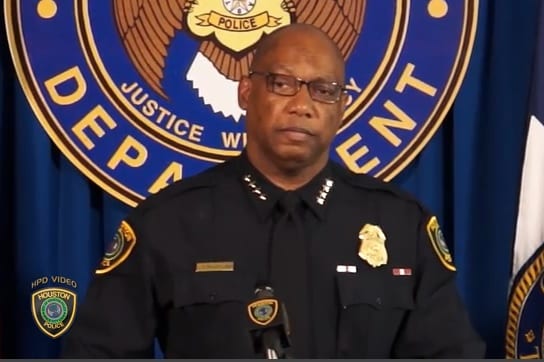
HPD is coming under intense scrutiny after a recent report showed that the department is
way under-staffed to handle a mounting case load. But after Houston Police Chief Charles McClelland's statements this week, that's clearly NOT the only problem. Here's the story from
Mike Morris of the Houston Chronicle...
Defending his department's failure to investigate thousands … Continue Reading ››
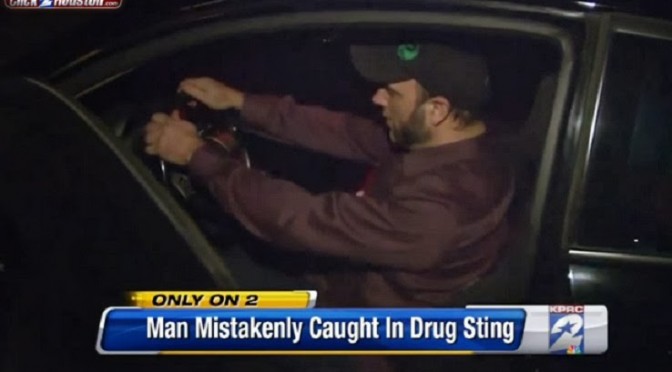
How many times is this going to happen before there are some changes at HPD??
From
RawStory.com...
Police in Houston, Texas handcuffed, detained and searched the vehicle of an innocent man for over an hour this week, all because he gave change to a homeless person. … Continue Reading ››
As an African-American male that grew up in the Deep South,
I was taught at an early age to steer clear of the police. I never recall my family members happily greeting officers at a coffee shop, or stopping to ask them for directions. If you asked most people in my community what the first …
Continue Reading ››
A Voice for the Rest of Texas





